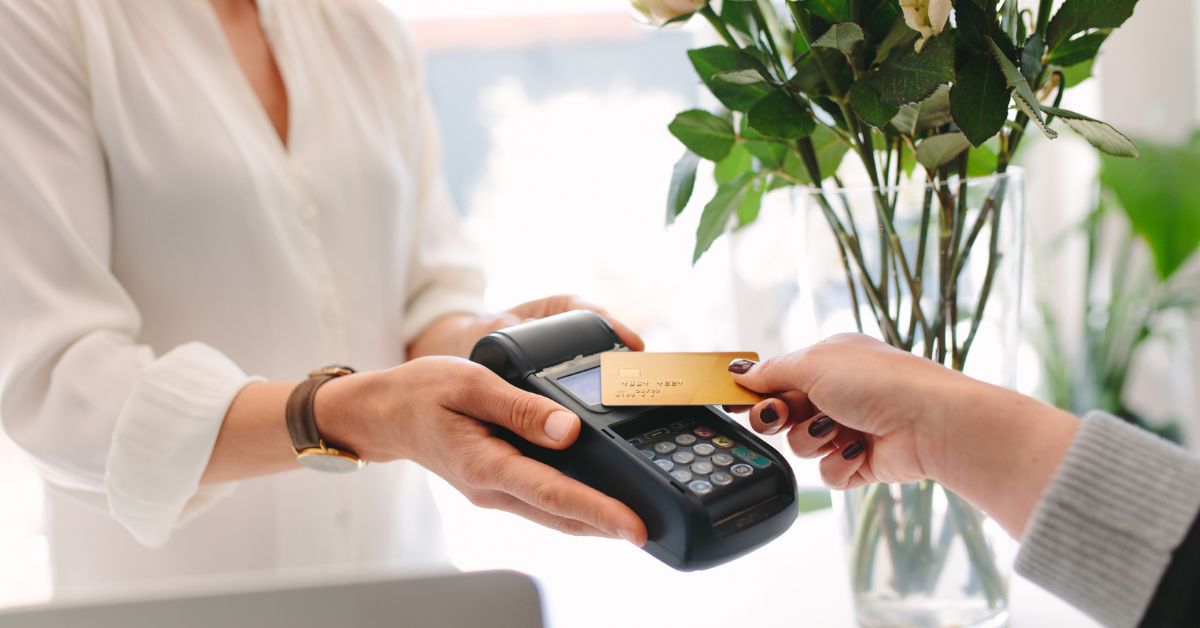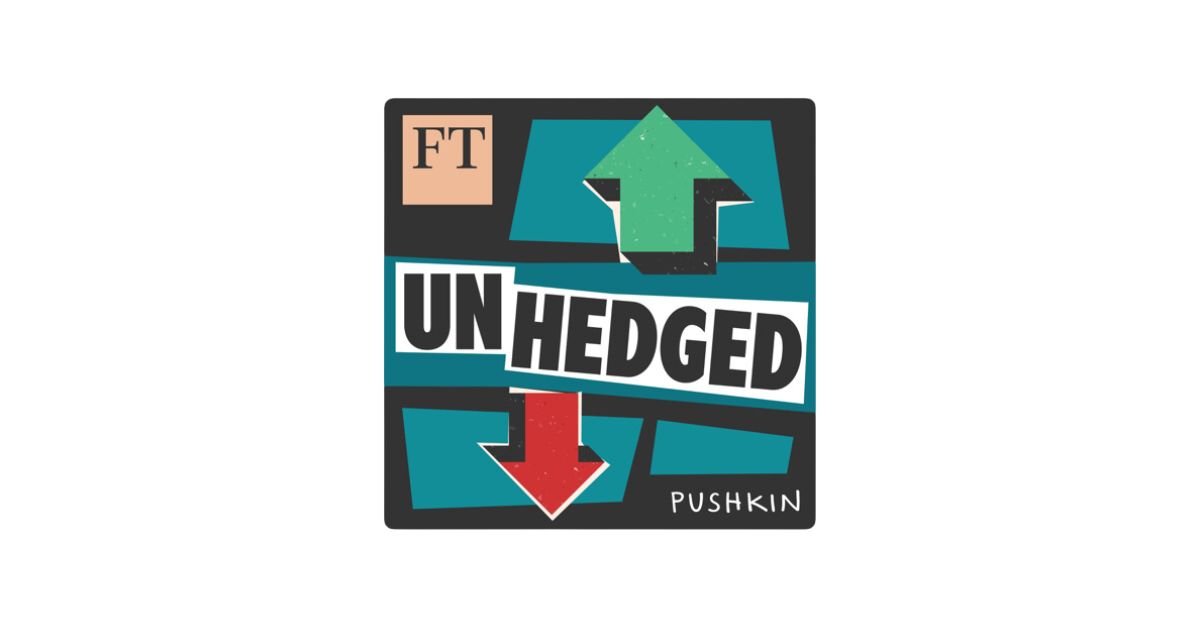Is the UK Going Cashless?
March 16, 2024, 5 min read
Given how few people have used cash since the outbreak, the United Kingdom is getting ready to follow in the footsteps of Norway and Sweden and become an increasingly cashless society. Many businesses in London no longer take cash payments, so the city has become a center for online payment methods. The necessity of maintaining a social distance during the pandemic encouraged the adoption of e-wallets and other forms of digital transactions, which in turn expedited the transformation.
According to the World Economic Forum, cash usage has been dropping internationally. The World Economic Forum projects that the use of cash in the United States will fall from 10.4% of the GDP to 8.6% between 2021 and 2022, while the use of cash in the Eurozone will fall from 10.1% of the GDP to 9.8% during the same period. In addition, ninety percent of the world’s central banks are currently working on plans for central bank digital currency (CBDC), which has the potential to minimize reliance on cash transactions.
Is It Possible For Merchants To Provide Assistance Where Banks Fail To Do So?
Some merchants, such as the grocery store giants Sainsbury’s and Tesco, which both accept cash and frequently have ATM machines outside their stores, have prioritized providing customers with multiple choices for making payments at their establishments.
“It is necessary for businesses that accept cash as a form of payment – and they all should – to have an easy way to deposit the cash they receive. It would be wonderful if significant retailers like Tesco Sainsbury’s and other major retailers could provide a central location for cash deposit solutions. This would make it possible for any business in a community to go to a retailer like Tesco or Sainsbury’s and deposit their cash takings in a safe setting using a machine specifically designed to accept cash deposits. Although it is beautiful that businesses can deposit cash in post offices, this option is not always convenient, nor is it available seven days a week. Very few bank branches are left that continue to provide a cash deposit option.
Is the UK Going Cashless?
Martin Bradbury, the regional director of financial services for the UK and Ireland at Dynatrace, offers an argument from the contrary viewpoint. “A cashless society made possible by digital innovation has the potential to unlock a range of economic and social benefits,” adds Bradbury. For instance, there would be a higher level of transparency about taxation as a direct result of the accurate transaction records and easily traceable digital footprints that cashless transactions naturally generate.
He goes on to say that multi-factor authentication and encrypted digital wallets can further safeguard consumers from fraud and theft, making a cashless society more secure overall.
“Interfaces and apps should be tailored so that all levels of digital skills and economic circumstances are fully catered for,” Bradbury says, continuing his explanation of how communities with lower incomes and older generations can be included in a cashless system. For instance, persons who have grown up in a digital environment frequently assume that everybody has access to the required technology even though this might not be the case for everyone. A positive experience with payments can also vary depending on a person’s socioeconomic standing; as a result, financial institutions must personalize each transaction and instruct customers on how to make the most of the available services given their particular circumstances.
He suggests that governments and banks should use data collected and AI automation tactics to evaluate payment behaviors and find areas where customer experience can be enhanced for all society groups. He says this in the continuation of his previous statement. There is still a significant distance to travel before the United Kingdom can achieve its goal of being a cashless society. There needs to be a streamlined operating system to prevent disruptions to digital services, and the payments ecosystem and banks need to step up to offer customers several ways to make online payments.
What Comes Next for the Payment Systems Industry in the UK: Cash or e-Cards?
It is up to the cooperation between banks, fintech, and the government to provide for the needs of the public as the country barrels towards an increasing number of online payment methods. This can mean maintaining the significance of cash payment options or investing more in digital payment technology moving forward.
As Playtech companies develop new payment systems, the general perception across the UK is that we live in a cashless society. However, according to research conducted by Accenture, cash is still the second most common means of payment used across the country, suggesting that cashless transactions might not be as widespread as was previously believed.
The UK’s survey of over 3,000 adults revealed that over two-thirds use cash at least five times a month. This percentage is second only to the percentage of Brits who use debit cards more than five times a month, which is 75%. This demonstrates that the notion that the United Kingdom has become a cashless society is not accurate.
Cash was substantially more popular than digital wallet programs like Apple Pay and Google Pay, which were only used by 17% and 10% of people, respectively, at the same frequency. Cash was significantly more popular than any other form of payment.
When making small ticket in-person purchases for merchandise or services (such as groceries, clothing, transportation, etc.), the most common methods of payment were cash (33% of transactions) and debit cards (36% of transactions). In comparison, only six percent of people used their digital wallets, fewer than one in ten people. When it came to making expensive purchases (such as electronics, automobiles, or vacations), respondents were more comfortable using credit cards (41%), followed by debit cards (38%).
It was also discovered that people from the United Kingdom are among the best ‘tappers.’ Over 83 percent of people in the United Kingdom use the tap-to-pay feature on debit cards. This is much higher than the average for all markets, 58 percent, and markets like the United States, which only have 26 percent. Only Australia, with the same score of 83%, came close to the United Kingdom.
The Development of Cashless Payment Methods in the UK
When asked about the future, a majority of British people (36%) believe that biometrics will become commonplace by the year 2025. Seven percent of respondents indicated that they would use biometrics as their principal means of payment in person if available by 2025. By 2025, it is projected that £95 billion worth of payments will be made using biometrics in the UK.
The study also discovered that external macroeconomic factors are influencing customers’ payment choices as they seek to lower the interest they owe on their debt. Two out of every ten people who use credit cards have contemplated using alternative payment methods. Over sixty percent of these respondents are seeking ways to lower interest payments through non-interest payment choices such as debit cards and cash. These options are available to them.
According to the findings of a global study titled “Payments Gets Personal,” the payment industry in the United Kingdom could lose as much as £366 million in income over the next three years. This is especially true for conventional lenders, who are sluggish in investing in the payment choices of the next generation. They risk seeing their market share decrease due to the emergence of new digital payment providers.
Source: finextra
















